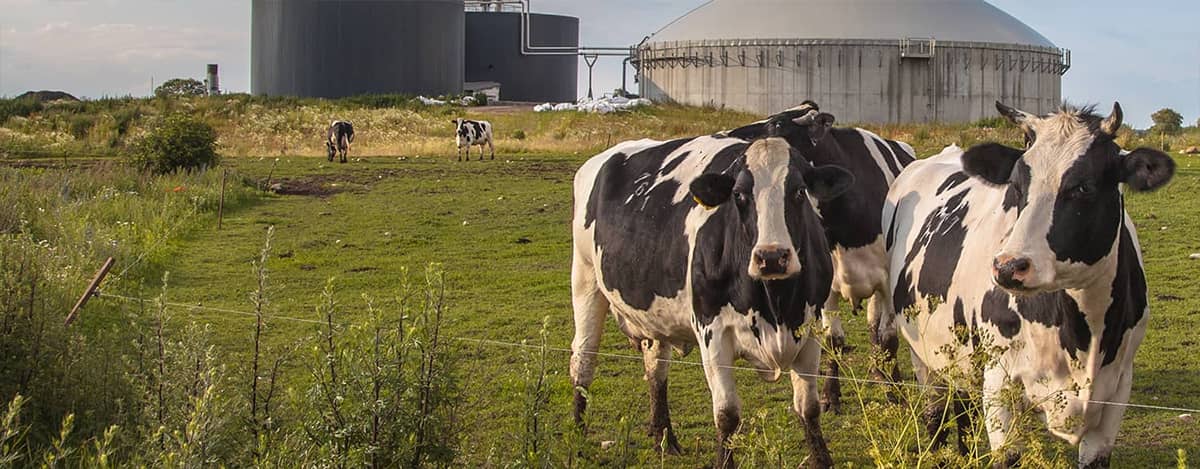Home > Fireplace Blog > Renewable Natural Gas
Renewable Natural Gas is a natural gas produced from organic materials such as agricultural waste, landfill waste, wastewater, and organic waste. RNG is defined as renewable because it comes from biological sources and can be continuously replenished-reducing greenhouse gas emissions.
RNG is becoming more readily available throughout North America, is low-carbon energy when compared to conventional natural gas, and will play a large role in ensuring the reduction of greenhouse gas (GHG) emissions.
For a detailed overview of RNG and the role it plays in shaping clean energy transformation, visit the FortisBC Renewable Natural Gas section of their website.

How is it delivered?
When RNG is injected into North America's natural gas systems, it mixes with conventional natural gas and is delivered using the same methods. The downside is that RNG can not be delivered to a specific location, but the more RNG that is added, the less conventional natural gas is needed. This will reduce the use of fossil fuels over time.

What are the Benefits?
There are several key factors to consider when researching renewable natural gas:
- Sustainable Energy Source: Unlike conventional natural gas, RNG is derived from organic waste, such as agricultural waste, food scraps, and landfill gas. The continual production from ongoing waste streams make RNG renewable.
- Reduced Greenhouse Gas Emissions: When organic waste decomposes in landfills or agricultural settings, it emits methane, a potent greenhouse gas. By capturing this methane and converting it into RNG, we reduce greenhouse gas emissions and mitigate climate change.
- Versatile Energy Use: RNG can be used in place of traditional natural gas in homes, businesses, and vehicles without any modifications to existing infrastructure. This versatility makes it an attractive option for reducing carbon emissions across various sectors.
- Sustainability: Recycles organic waste into a valuable energy resource.
- Energy Security: RNG can be produced locally, reducing dependency on imported fossil fuels and enhancing energy security.

Can I use RNG with my gas fireplace?
The simplest answer: Yes!
With no modifications needed, RNG can be used with your gas fireplace or other gas home appliances, such as those in the Valor Gas Fireplace Collection, as long as RNG is injected into the gas system. For help choosing a compatible gas fireplace or to ask about RNG-ready models, contact your local Valor dealer.
Benefits of RNG with my gas fireplace?
- Convenience and Ambiance: Much like conventional natural gas, gas fireplaces provide the warmth and comfort of a traditional wood-burning fireplace without the hassle of chopping firewood. They can be easily turned on and off with a switch or remote control, offering instant heat and ambiance.
- Energy Efficiency: Gas fireplaces offer energy-efficient products that produce fewer emissions. They can be equipped with features like thermostats and blowers to optimize heat distribution and energy use. Learn more about Valor's energy-efficient fireplace features designed to reduce fuel consumption and maximize comfort.
- Cleaner Burning: Gas fireplaces produce fewer particulate emissions and air pollutants compared to wood-burning fireplaces, contributing to better indoor and outdoor air quality. Valor gas fireplaces use radiant heat technology to warm your home naturally and efficiently. See how radiant heat works and why it's more comfortable than hot, dry air from forced systems.
In summary, renewable natural gas offers a sustainable alternative to traditional fossil fuels, while gas fireplaces provide convenient, efficient, and cleaner-burning heating options for homes and businesses. Both contribute to reducing environmental impact and improving energy efficiency.
Table of Contents
